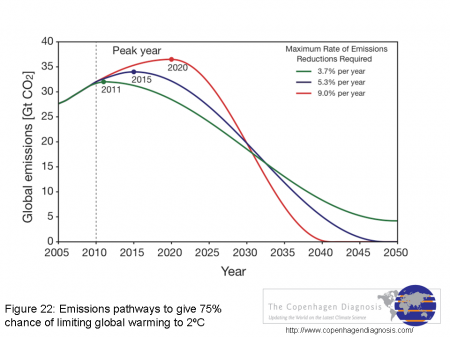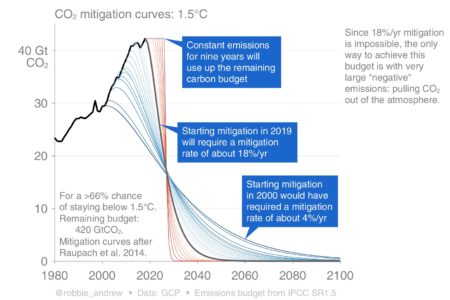China’s strategy with the Hong Kong ‘security’ law seems intended to send a global message: critics of China will be increasingly punished as the state’s global influence grows.
This is disturbing in many ways, for the welfare of people in China, the region, and around the world. The degree of authoritarian control that technology has granted over citizens’ lives is disturbing in itself, and could permanently inhibit reform or political progress. While it tries to present itself as organized and competent in comparison to chaotic democracies, there is also reason to believe that China is replicating the dysfunctional and corrupt politics of the Soviet Union, with officials at every level incentivized to conceal and misrepresent what is really happening to protect themselves and advance their personal interests. Ethnic and religious nationalism, in India as well as China, are also deeply frightening and drivers of abhorrent humanitarian abuses.
Given the expected trajectory of relative power in global politics — with North America, Europe, and Japan all in relative decline — perhaps the best that can be hoped for is a peaceful revolution within China to remove the Communist Party, potentially along the lines of the establishment of the Sixth Republic in South Korea after 1987.
China hasn’t grown richer out of the brilliance or wisdom of the communist party, but out of that party’s abandonment of communist ideology for a synthesis between export-driven industries making use of inexpensive labour and an unaccountable state willing to smash anyone who gets in the way of the big plans. The idea that there’s an appealing “China model” that other states should consider in the face of American decline is just wrong. It’s a police state rising through cynical diplomatic manipulation and a central role in the global consumerist manufacturing system, not a model for the future that any free people should embrace. Indeed, it is a model we should resist, even when the Chinese government cultivates fear over what the personal costs of doing so will be.


